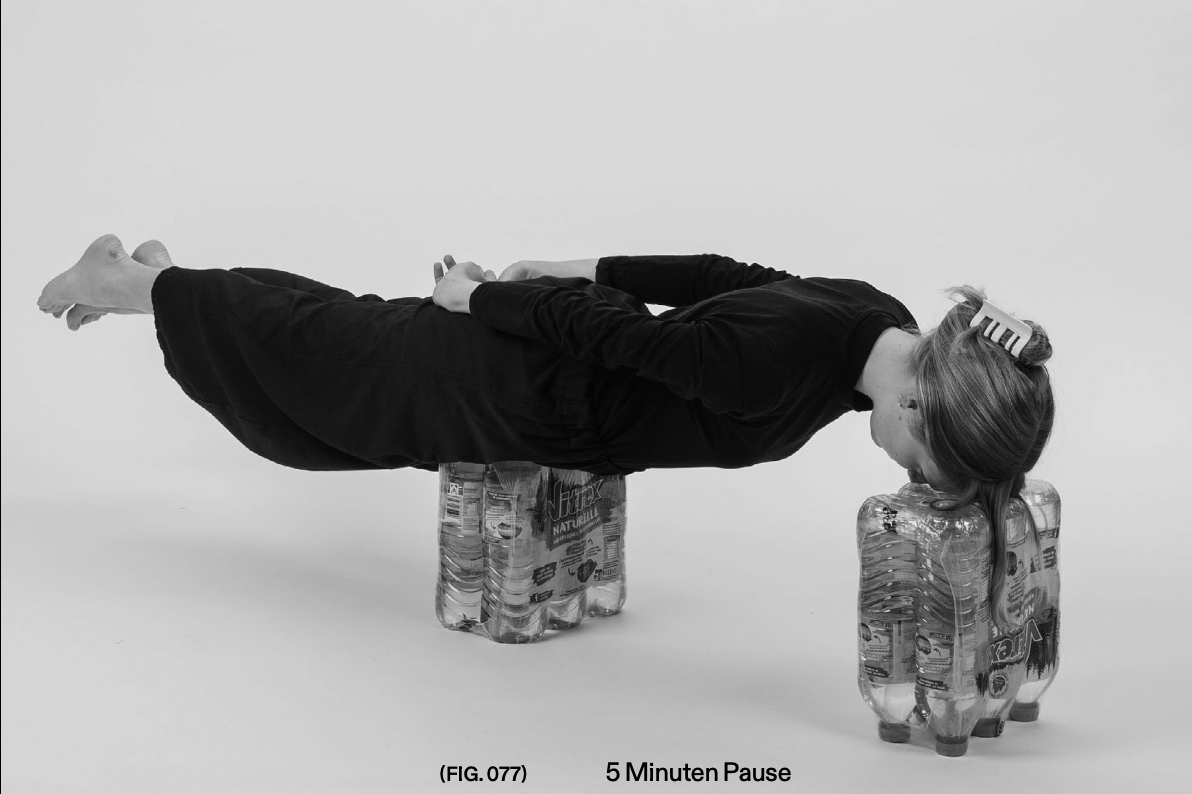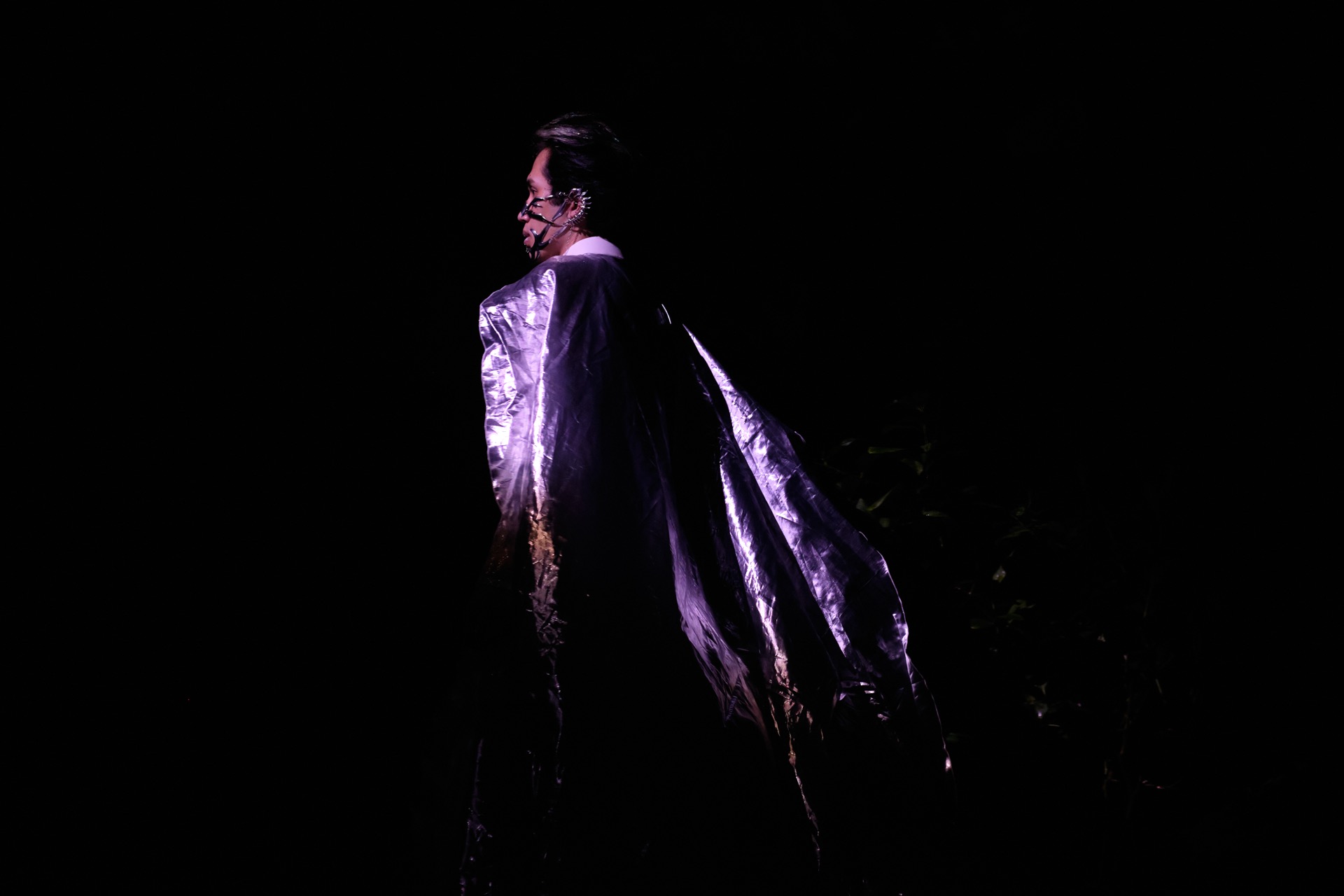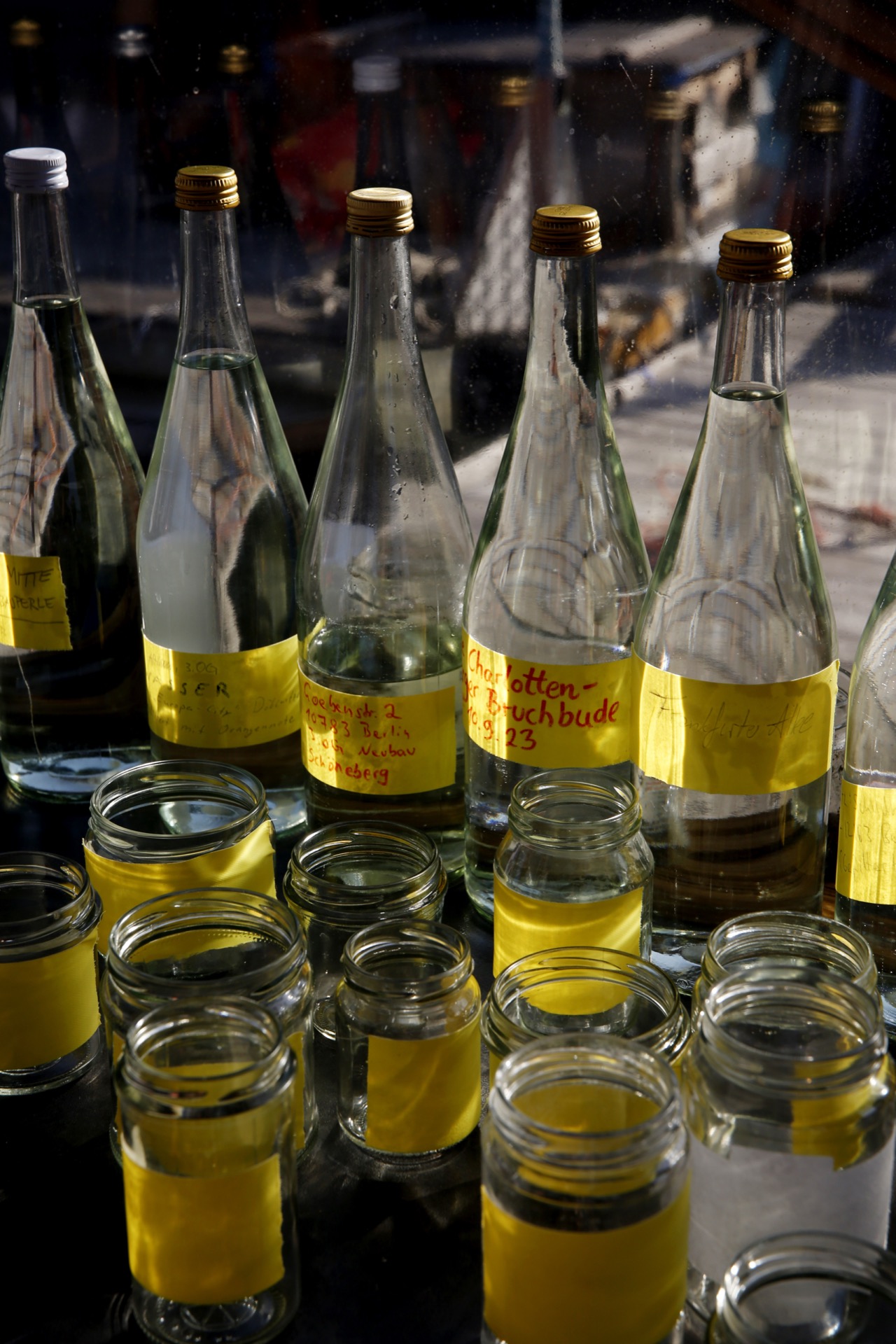




GasWerk
Schwanseestraße 92, 99423 Weimar
Thursday – Sunday: 16:00 – 19:00
Before the flood
Flow in Trance
When you look at the surface of a river, do you see the water beyond — or your own reflection staring back?
Flow in Trance invites us to drift inward as much as outward, tracing the currents of our inner oceans alongside the everyday presence of water in our lives. Drinking, carrying, crying — water is both elemental and intimate. It sustains and connects us.
The works gathered here explore the shifting, often fluid, relationship between humanity and water. From family memories to collective histories, they offer a submerged perspective — a dive between the water within our bodies and the bodies of water that carry past, present, and future in one continuous tide.
Location for one of the FLUTEN graphic novel panels, which retell and process the story of the Thuringian deluge along the Asbach Canal.
Exhibitors
Maria Elisa Ferraras
Franziska Beilfuß
Jiawen Uffline
Sabah Elhadid
Joachim Perez
Pati Sayuri
cát nguyên
Mira Emmerling
Jan Munske
Mahla Mosah
Nora Spiekermann
Ying Lin
Minhye Chu
Chelsea Leventhal
Sonja Schwarz
Curator
Vivi Morais
City Walk City Walk City Walk
FLUTEN – Opening Art Walk
20:00
Meeting Point: Gaswerk
Gaswerk
Performance Performance Performance
River Exercises
Sonja Schwarz
16:00
- 18:00
Gaswerk
#Wasserbar
Nora Spiekermann
14:00
- 18:00
Gaswerk
Photo:
Live Performance
cát nguyên
20:30
Gaswerk
Photo: Jan Munske
On Edge: a shameful cycle in 3 acts
Jan Munske, Mahla Mosah and Mira Emmerling
20:00
Gaswerk
1
Lecture Lecture Lecture
The Thuringian Land Development Company.
Establishing Ecological Passability of the River Ilm for Fish and Macrozoobenthos within the Urban Area of Weimar
Dipl.-Ing. Frederik Ahrens and Dipl.-Ing. Marcel Möller
17:00
- 19:30
Gaswerk
Presenters: Dipl.-Ing. Frederik Ahrens (Head of the Water Management Department, Thuringian State Office for the Environment, Mining, and Nature Conservation) Dipl.-Ing. Marcel Möller (Head of Hydraulic Engineering Division, Thuringian Land Development Company)
The image shows the implemented measures for establishing passability at the Burgmühle weir in Weimar.
Dominik Butzmann
FLUTEN und FLAUTEN – Zwischen Zukunftsängsten, Handlungsdruck und (Des)interesse?
Katrin Göring-Eckardt and Christian Doeller
17:00
Gaswerk
How do we deal with climate change? How can we find perspectives instead of fears? And how can we start talking about climate and climate policy again? These and other questions will be discussed by Katrin Göring-Eckardt, Member of the German Bundestag for the constituency of Erfurt-Weimar, Christian Doeller, artist and lecturer at the Bauhaus University Weimar, and other guests — together with you.
The talk will be held in German.
Dr. Peter Krause
Hochwasser gestern und heute – Vorbereitung und Bewältigung bei Naturkatastrophen in Thüringen
Dr. Peter Krause, Bodo Erhardt
14:00
- 16:00
Gaswerk
Participants: Dr. Peter Krause, Thuringian State Office for the Environment, Mining and Nature Conservation, Head of the Department of Hydrological State Service, Flood Warning Center. Bodo Erhardt, German Weather Service, Customer Service Department in the Weather Forecasting Division, Product Manager of the Natural Hazards Portal.
Image: Depicts the Hohenwarte Dam with active flood relief on June 4, 2013. Rights held by Dr. Krause.

